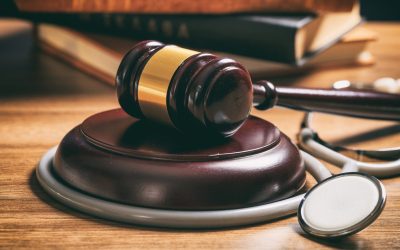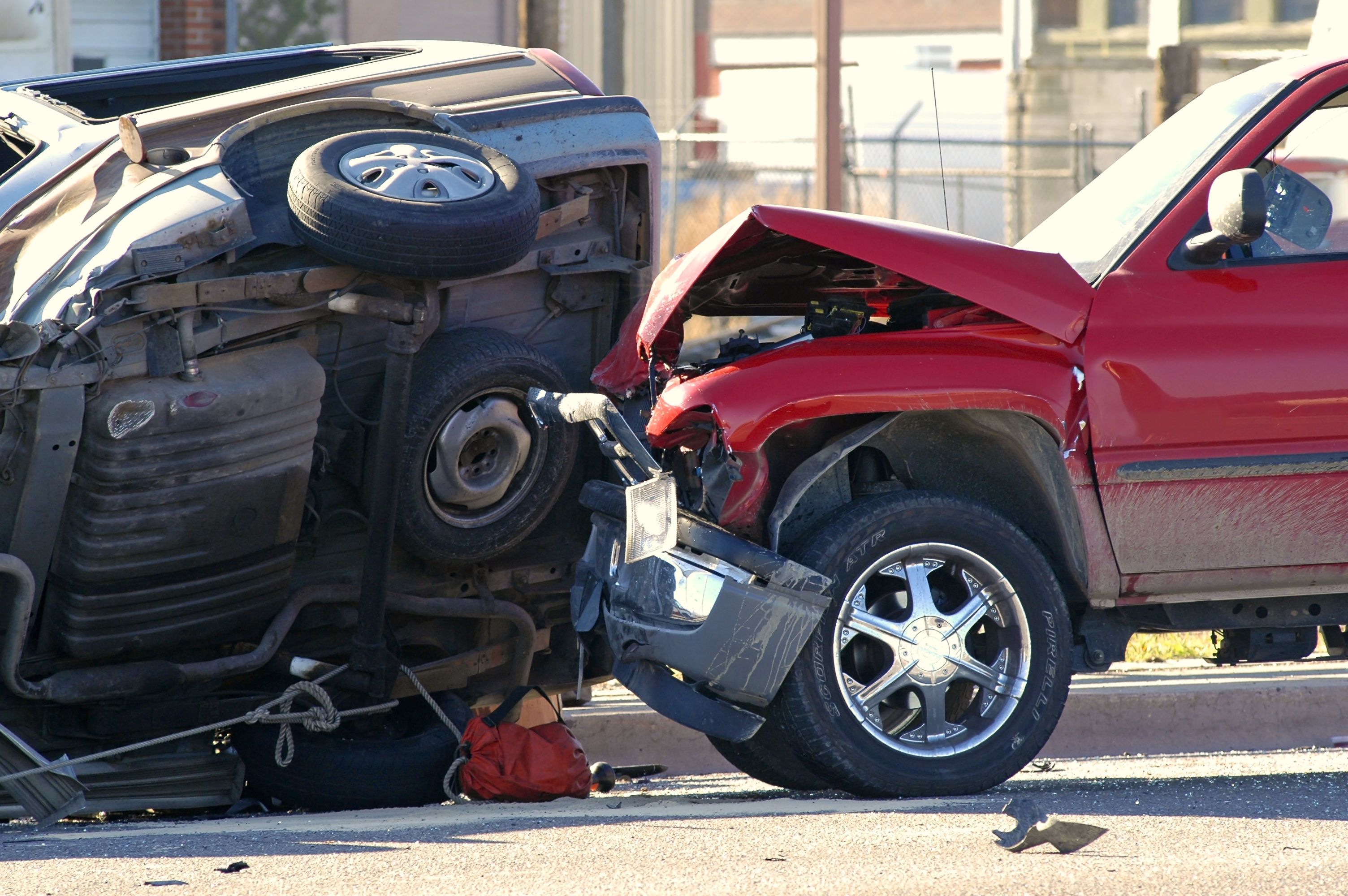Wrongful death claims are based on statutes allowing civil suits by the heirs of those killed by other people’s negligent or wrongful acts. In this article, clients can click here to learn what they must prove to succeed in a claim for wrongful death in Terre Haute, IN.
The Origins of Wrongful Death Claims
Before the implementation of wrongful death statutes in the early 19th century, heirs and families of those killed by others’ intentional acts could not file a suit because only an injured person could file a claim. Simply put, a claim died with the plaintiff.
Negligence in Wrongful Death Cases
Although wrongful death damages are different from those in other negligence cases, plaintiffs must still prove the four elements of a negligence suit: duty, breach of that duty, causation, and actual harm.
Proving a Duty
For a negligence claim to succeed, a defendant must owe the decedent the duty of care. While the definition of this duty varies depending on the case, it is, essentially, the duty to keep others safe or refrain from doing harm. For instance, if a plaintiff alleges a defendant’s negligent driving killed a descendant, that person could argue the defendant owed the descendant a duty of care.
Breaching the Duty
If a defendant is found to have a duty of care, the plaintiff must prove the defendant failed to meet that duty. In the example above, a plaintiff could present evidence a defendant wasn’t paying attention when they hit the descendant. Failure to pay attention isn’t something a prudent person would do. Therefore, the driver failed to fulfill the duty.
Causation
Plaintiffs must prove a defendant’s duty breach caused a person’s wrongful death in Terre Haute, IN. Again, using the example above, a plaintiff is required to prove the defendant’s actions caused the crash. Depending on a case’s facts, proving causation can be difficult. However, a lawyer can help in this regard.
Hire an Attorney to Prove Damages
Along with causation and breach of duty, a plaintiff must prove the person who died suffered damages. In these cases, if causation and breach are present, damages are presumed. However, in other negligence actions, plaintiffs can prove other elements, but lose cases because there was no harm or insufficient evidence to prove it.



